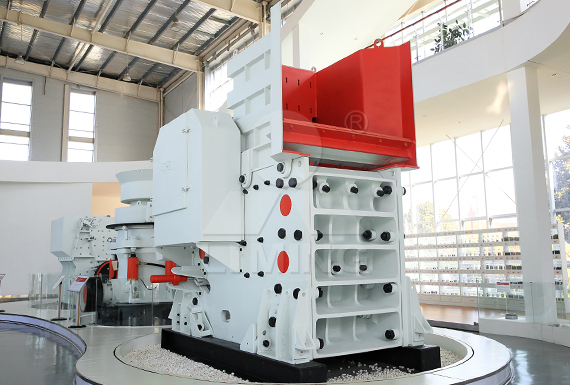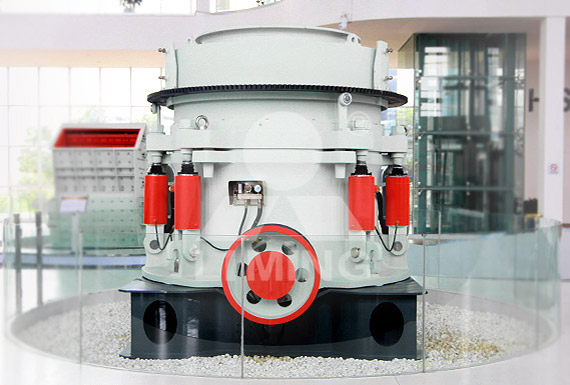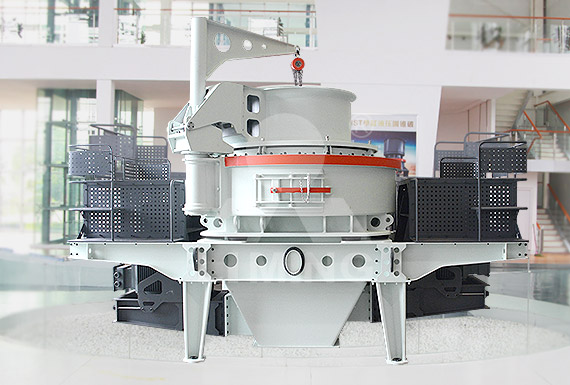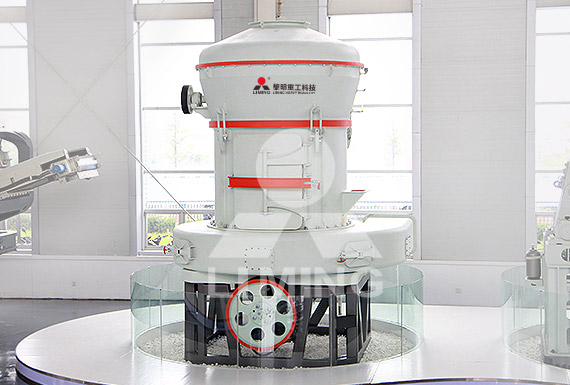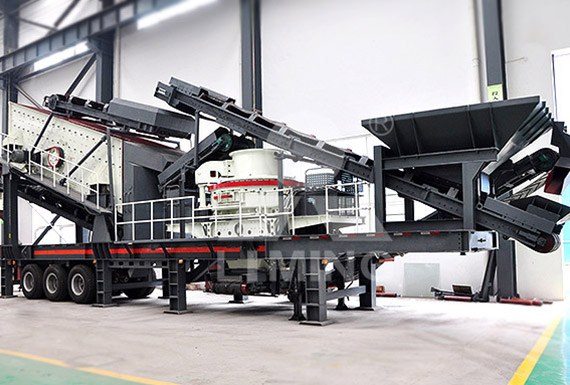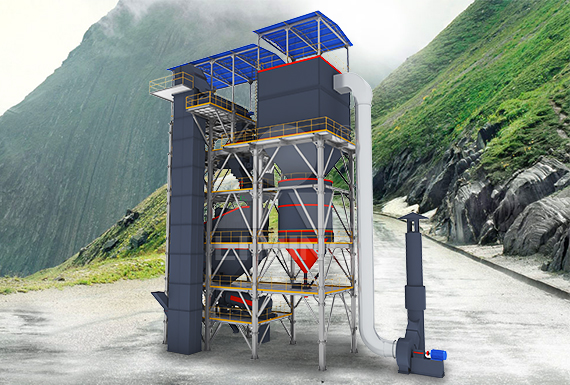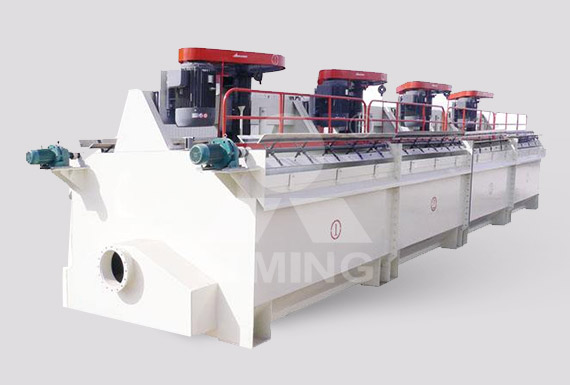المنتجات الساخنة

(PDF) Using Citric Acid As An Admixture and It's Influence
So, citric acid can be classifie d according to ASTM-C494 as water-reducin g and retarding chemical admixture type D. The investigatio n also extends to
Contact
Using Citric Acid As An Admixture and It's Influence
Also it was observed that concrete containing citric acid has good performance after 180 days exposure to salt solution in comparison with reference concrete. Keywords: Citric Acid, Admixture, Initial and final setting time, Compressive strength, Splitting tensile strength, Modulus of
Contact
Using Citric Acid As An Admixture and It's Influence on
so, citric acid can be classified according toastm-c494 as water-reducing and retarding chemical admixture type d.the investigation also extends to evaluate the effect of using citric acid onproperties of concrete such as, compressive strength, splitting tensile strength, modulusof rupture and dynamic modulus of elasticity at normal conditions
Contact
Citric Acid as Admixature in Concrete China Manufacturer
Citric Acid as Admixature in Concrete Citric Acid (CA, also known as citric acid) is an important organic acid, which is colorless and odorless in appearance, has strong sour taste and is easily soluble in water. According to its water content, it is divided into citric acid monohydrate and anhydrous citric acid.
Contact
Admixtures for Concrete Countertops
• Simplifies mix design, compatible with most admixtures • Uses citric acid as a set retarder Heat • Temperature of curing concrete affects strength gain Concrete strength gain is about twice as fast at 90°F (32 °C) than it is at 70 °F (21 °C) Heat • Hot water Warms mix ingredients Decreases setting time Increases initial hydration rate
Contact
Retarding Admixtures Concrete Admixture
Retarders such as citric acid (sodium) and tartaric acid (potassium sodium) should not be used alone for lean concrete. 6. When the retarder containing carbohydrates is used in combination with the water reducing agent, the compatibility test can be carried out according to the method in Appendix A of this specification.
Contact
Influence of Citric Acid on the Hydration of Portland
Especially, citric acid is a cement retarder (Möschner et al., 2009), the residual citric acid after purification process will lead to the delay of cement hydration, which will seriously restrict
Contact
Concrete Admixtures MIKEM CHEMICAL
Our concrete admixtures are used to perform diverse functions such as plasticizing, air-entertaining, rheology modifying, accelerating, retarding, shrinkage reducing, and
Contact
Effect of citric acid on the hydration of portland cement
Nov 01, 1986Citric acid (A.R., S. Merck) was used as an admixture. In this , portland cement is referred to as PC and citric acid as C.Ac. and the concentration of citric acid is always represented as weight percent. Methods (1) Preparation of hydrated samples.
Contact
Development of Sucrose and Citric Acid as the Natural
Jan 01, 2013The available commercial admixture cannot provide significant improvement to the rapid setting time generated by high calcium in geopolymer system. This research studied the effect of sucrose and citric acid as the proposed natural
Contact
(PDF) Using Citric Acid As An Admixture and It's Influence
The citric acid was used as a water reducer, setting time retarder and workable time extender admixture on ordinary Portland cement (OPC). The changes in compressive strength, permeability and
Contact
Using Citric Acid As An Admixture and It's Influence on
Also it was observed that concrete containing citric acid has good performance after 180 days exposure to salt solution in comparison with reference concrete. Keywords: Citric Acid, Admixture, Initial and final setting time, Compressive strength, Splitting tensile strength, Modulus of
Contact
Using Citric Acid As An Admixture and It's Influence on
So, citric acid can be classified according toASTM-C494 as water-reducing and retarding chemical admixture type D.The investigation also extends to evaluate the effect of using citric acid onproperties of concrete such as, compressive strength, splitting tensile strength, modulusof rupture and dynamic modulus of elasticity at normal conditions
Contact
Citric Acid as Admixature in Concrete China Manufacturer
Citric Acid as Admixature in Concrete. Citric Acid (CA, also known as citric acid) is an important organic acid, which is colorless and odorless in appearance, has strong sour taste and is easily soluble in water. According to its water content, it is divided into citric acid monohydrate and anhydrous citric acid.
Contact
Admixtures for Concrete Countertops
admixtures • Uses citric acid as a set retarder Heat • Temperature of curing concrete affects strength gain Concrete strength gain is about twice as fast at 90°F (32 °C) than it is at 70 °F (21 °C) Heat • Hot water Warms mix ingredients Decreases setting time
Contact
Influence of Citric Acid on the Hydration of Portland
Especially, citric acid is a cement retarder (Möschner et al., 2009), the residual citric acid after purification process will lead to the delay of cement hydration, which will seriously restrict
Contact
Concrete Admixtures MIKEM CHEMICAL
Concrete admixtures are natural or manufactured substances added during the concrete mixing process to improve the quality, performance and sustainability of the final concrete product. With only a small amount in application, these products can produce the desired effect (e.g., improved workability, increased durability, controlled setting and
Contact
Retarding Admixtures Concrete Admixture
Retarders such as citric acid (sodium) and tartaric acid (potassium sodium) should not be used alone for lean concrete. 6. When the retarder containing carbohydrates is used in combination with the water reducing agent, the compatibility test can be carried out according to the method in Appendix A of this specification.
Contact
Effect of citric acid on the hydration of portland cement
Nov 01, 1986The Blaine surface area was 4420 cm 2/g. Citric acid (A.R., S. Merck) was used as an admixture. In this , portland cement is referred to as PC and citric acid as C.Ac. and the concentration of citric acid is always represented as weight percent. Methods (1) Preparation of hydrated samples.
Contact
Development of Sucrose and Citric Acid as the Natural
Jan 01, 2013Cement and Concrete Research 2009; 39:275-282. [7] Singh NB, Singh AK, and Singh SP. Effect of citric acid on the hydration of Portland cement. Cement and Concrete Research 1986; 16:911-920. [8] Ramachandran VS. Concrete admixtures handbook: properties, science, and technology. Noyes Publications 1995. [9] Bruere GM.
Contact
Concrete Admixtures DICT TECH
Oct 12, 2021Citric acid. by admin Oct 20, 2021 Concrete Admixtures. Description: Citric acid is a white crystalline powder at room temperature, and it can exist in the form of anhydrous or monohydrate.
Contact
Chemical Admixture for Concrete Cirtic Acid China Manufacturer
Chemical Admixture for Concrete Cirtic Acid. At room temperature, citric acid is colorless translucent crystals or white particles or white crystalline powder, odorless, extremely acidic, and slightly deliquescent in humid air.
Contact
Concrete Admixture Supplier
CONCRETE ADMIXTURE. Polycarboxylate superplasticizer is the third generation of high-performance superplasticizer developed after ordinary plasticizers and superplasticizers. It is the world's most cutting-edge, best application prospects and best overall performance superplasticizer. Set retarders such as citric acid (sodium) and tartaric
Contact
Effect of Citric Acid on Slump, Compressive Strength, and
Citric acid and a phosphonic acid-based admixture were tested as retarders for different concrete mixtures. Three studies were performed. In the slump study five different water contents (ranging from 275lb to 375lb per 1yd3) along with three citric acid dosages were tested (0%, 0.35% and 0.70% of cement weight). These same citric acid dosages
Contact
(PDF) Using Citric Acid As An Admixture and It's Influence
The citric acid was used as a water reducer, setting time retarder and workable time extender admixture on ordinary Portland cement (OPC). The changes in compressive strength, permeability and
Contact
Using Citric Acid As An Admixture and It's Influence on
Also it was observed that concrete containing citric acid has good performance after 180 days exposure to salt solution in comparison with reference concrete. Keywords: Citric Acid, Admixture, Initial and final setting time, Compressive strength, Splitting tensile strength, Modulus of
Contact
Using Citric Acid As An Admixture and It's Influence on
So, citric acid can be classified according toASTM-C494 as water-reducing and retarding chemical admixture type D.The investigation also extends to evaluate the effect of using citric acid onproperties of concrete such as, compressive strength, splitting tensile strength, modulusof rupture and dynamic modulus of elasticity at normal conditions
Contact
Citric Acid as Admixature in Concrete China Manufacturer
Citric Acid as Admixature in Concrete. Citric Acid (CA, also known as citric acid) is an important organic acid, which is colorless and odorless in appearance, has strong sour taste and is easily soluble in water. According to its water content, it is divided into citric acid monohydrate and anhydrous citric acid.
Contact
Admixtures for Concrete Countertops
admixtures • Uses citric acid as a set retarder Heat • Temperature of curing concrete affects strength gain Concrete strength gain is about twice as fast at 90°F (32 °C) than it is at 70 °F (21 °C) Heat • Hot water Warms mix ingredients Decreases setting time
Contact
Influence of Citric Acid on the Hydration of Portland
Especially, citric acid is a cement retarder (Möschner et al., 2009), the residual citric acid after purification process will lead to the delay of cement hydration, which will seriously restrict
Contact
Concrete Admixtures MIKEM CHEMICAL
Concrete admixtures are natural or manufactured substances added during the concrete mixing process to improve the quality, performance and sustainability of the final concrete product. With only a small amount in application, these products can produce the desired effect (e.g., improved workability, increased durability, controlled setting and
Contact
Retarding Admixtures Concrete Admixture
Retarders such as citric acid (sodium) and tartaric acid (potassium sodium) should not be used alone for lean concrete. 6. When the retarder containing carbohydrates is used in combination with the water reducing agent, the compatibility test can be carried out according to the method in Appendix A of this specification.
Contact
Effect of citric acid on the hydration of portland cement
Nov 01, 1986The Blaine surface area was 4420 cm 2/g. Citric acid (A.R., S. Merck) was used as an admixture. In this , portland cement is referred to as PC and citric acid as C.Ac. and the concentration of citric acid is always represented as weight percent. Methods (1) Preparation of hydrated samples.
Contact
Development of Sucrose and Citric Acid as the Natural
Jan 01, 2013Cement and Concrete Research 2009; 39:275-282. [7] Singh NB, Singh AK, and Singh SP. Effect of citric acid on the hydration of Portland cement. Cement and Concrete Research 1986; 16:911-920. [8] Ramachandran VS. Concrete admixtures handbook: properties, science, and technology. Noyes Publications 1995. [9] Bruere GM.
Contact
Concrete Admixtures DICT TECH
Oct 12, 2021Citric acid. by admin Oct 20, 2021 Concrete Admixtures. Description: Citric acid is a white crystalline powder at room temperature, and it can exist in the form of anhydrous or monohydrate.
Contact
Chemical Admixture for Concrete Cirtic Acid China Manufacturer
Chemical Admixture for Concrete Cirtic Acid. At room temperature, citric acid is colorless translucent crystals or white particles or white crystalline powder, odorless, extremely acidic, and slightly deliquescent in humid air.
Contact
Concrete Admixture Supplier
CONCRETE ADMIXTURE. Polycarboxylate superplasticizer is the third generation of high-performance superplasticizer developed after ordinary plasticizers and superplasticizers. It is the world's most cutting-edge, best application prospects and best overall performance superplasticizer. Set retarders such as citric acid (sodium) and tartaric
Contact
Effect of Citric Acid on Slump, Compressive Strength, and
Citric acid and a phosphonic acid-based admixture were tested as retarders for different concrete mixtures. Three studies were performed. In the slump study five different water contents (ranging from 275lb to 375lb per 1yd3) along with three citric acid dosages were tested (0%, 0.35% and 0.70% of cement weight). These same citric acid dosages
Contact